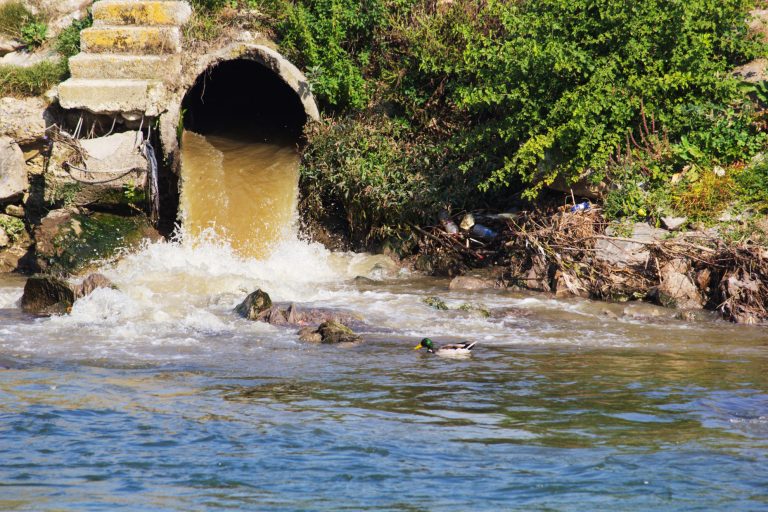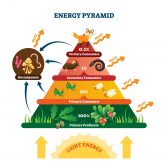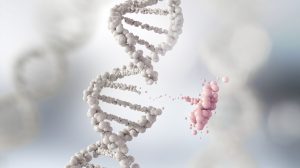Pollution in Freshwater Ecosystems

Waste that is flushed down to a river is one of the major causes of river pollution.
As with all ecosystems, the existence and operations of human society inevitably have an effect on the way of life in a freshwater community. Particularly in Western society, where a huge amount of resources are harnessed from the land to fund our lifestyle, there is a resulting effect on the ecosystems of our planet.
For each action that man takes in this lifestyle, there is a resultant effect on the ecosystem, and the following looks at some scenarios where human action results in a response from the ecosystem, either physically or chemically, which in the long run affects the lives of organisms that live in these communities:
- Hot water is used in many industries to cool machinery. This water is removed via a discharge pipe into the river. This increase in temperature can affect the level of oxygen freely available to organisms, which, in turn, affects respiration and essentially their way of life. Due to this temperature change, life in the ecosystem is affected.
- The removal of foliage next to a freshwater ecosystem allows more running water to enter its capacity. In light of this, periods of heavy rainfall can result in the water levels fluctuating wildly, which in turn can also affect the temperature of the water quite considerably not to mention all the new chemical agents that would enter the stream from this extra water.
- Recreational use of water bodies such as canoeing also have their effect. Litter from these people can sit on the surface of the water and block out sunlight required by the primary producers for photosynthesis. If these primary producers’ way of life is affected in such a way that their population-level decreases, there is a knock-on effect to all those organisms who rely on these primary producers for survival.
- At a molecular level, chemicals discharged into the water, notably from industry or pesticides from farmland can affect the freshwater environment considerably. Higher concentrations of particular chemicals (perhaps toxic) mean a lower concentration of essential chemicals required by the organisms of the ecosystem. If this is the case, these organisms cannot perform respiration and function at an optimum level, thus reducing overall biomass in the ecosystem.
As you can see, there are many environmental factors that arise due to the usage of water in one way or another by our species. The most important fact to take from this is that when we use water in the above examples, we are upsetting the fine balance of the ecosystem as a whole, which then has a knock-on effect on other organisms living in that particular ecosystem.
In light of this, and more consideration towards our environment, conservation measures are used to ensure that there is no detrimental damage caused to these environments, while at the same time man can continue to harness the water as a valuable resource.
You will also like...

A Balanced Diet – Minerals and Proteins
Proteins and minerals can be derived from various dietary sources. They are essential for the proper growth and developm..

Freshwater Community Energy Relationships – Producers & Consumers
This tutorial looks at the relationship between organisms. It also explores how energy is passed on in the food chain an..

Dominance
This tutorial presents Gregor Mendel's law of dominance. Learn more about this form of inheritance and how it can be pre..

Animal Water Regulation
Animals adapt to their environment in aspects of anatomy, physiology, and behavior. This tutorial will help you understa..

Plant Biology
Plantlife can be studied at a variety of levels, from the molecular, genetic and biochemical level through organelles, c..

Control of Growth & Development
Control of Growth & Development tutorials look at how the genetic makeup determines the biological processes on a da..
